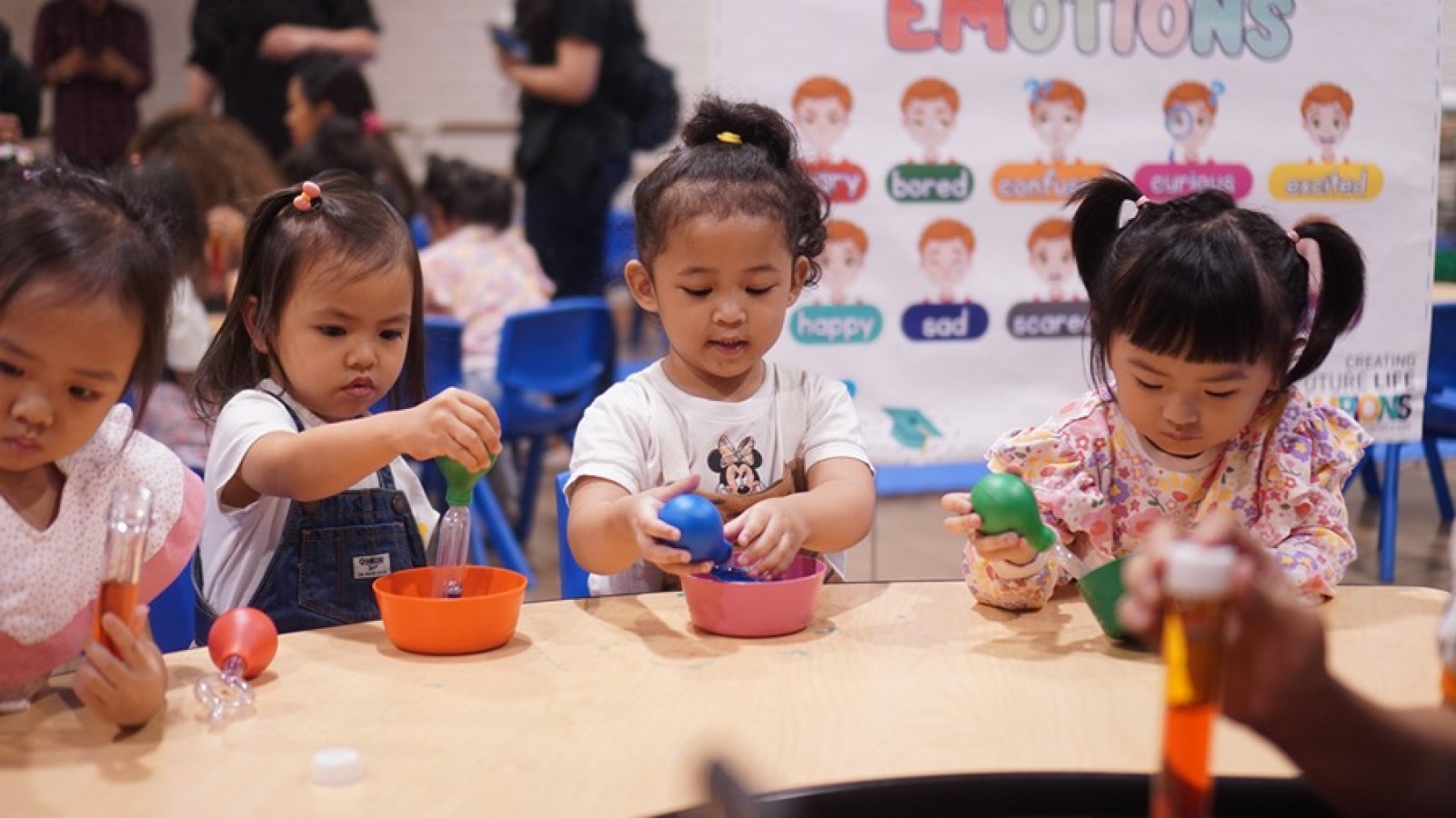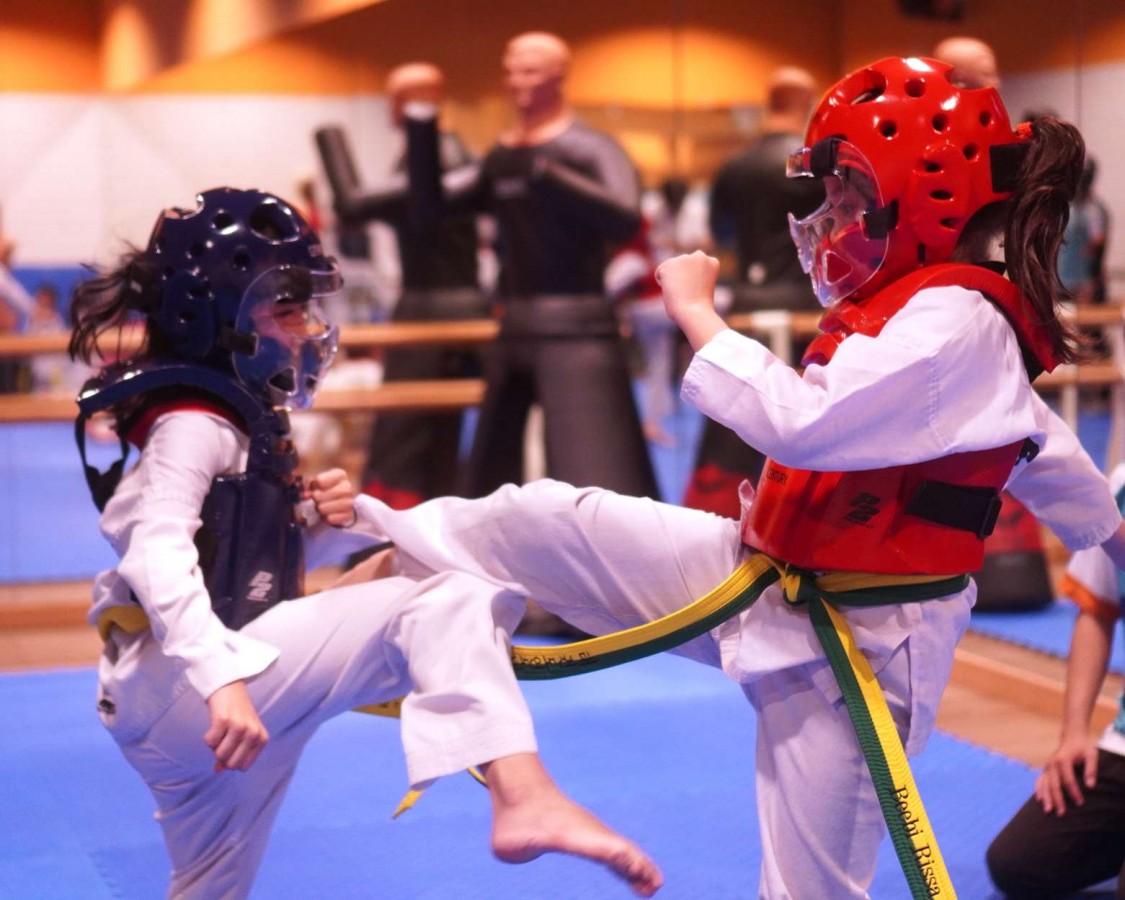Non-Formal Education: A Fun Way to Learn

The term "non-formal education" stands out as a dynamic and flexible approach to learning that complements formal schooling. While formal education typically occurs within structured institutions like schools and universities, non-formal education encompasses a broad range of activities and settings outside of these traditional systems.
This article explores the concept of non-formal education and highlights its effectiveness as a fun and engaging way to learn.
What is Non-Formal Education?
Non-formal education refers to any organized educational activity outside the formal schooling system that is structured, intentional, and designed to meet specific learning objectives.
Unlike formal education, which typically follows a prescribed curriculum and leads to recognized qualifications, non-formal education is more flexible and adaptable to the needs and preferences of learners.
Non-formal education programs can take place in various settings, such as community centers, libraries, workplaces, online platforms, or even in outdoor environments.
These programs are often targeted towards specific groups or communities and may focus on a wide range of subjects, including academic, vocational, or life skills.
Differences between Formal, Informal and Non Formal Education
Formal, informal, and non-formal education are three distinct forms of learning, each with its own characteristics, purposes, and contexts. Here are the key differences between them:
A. Formal Education
Formal education refers to structured, institutionalized learning that follows a specific curriculum and leads to recognized qualifications, such as diplomas, degrees, or certificates.
It is typically delivered in schools, colleges, and universities by trained teachers or instructors. Formal education follows a standardized approach, with set schedules, assessment methods, and learning outcomes.
The primary focus of formal education is on academic subjects, such as mathematics, science, language arts, and social studies. Formal education is compulsory in many countries and is often divided into stages, such as primary, secondary, and tertiary levels.
B. Informal Education
Informal education refers to learning that occurs spontaneously and unintentionally through daily life experiences, interactions, and activities. It takes place outside of formal educational institutions and is not structured or organized according to a predefined curriculum.
Informal education can happen anywhere, including at home, in the workplace, in communities, or through hobbies and interests. It is often characterized by hands-on, experiential learning and is driven by personal interests, curiosity, and practical needs.
Informal education covers a wide range of topics and skills, from learning to cook or play a musical instrument to acquiring knowledge about local history or traditions.
C. Non-Formal Education
Non-formal education refers to organized, structured learning activities that are not part of the formal schooling system but are designed to meet specific learning objectives.
It is intentional, planned, and purposeful, but it does not necessarily lead to formal qualifications or credentials. Non-formal education programs are flexible and cater to diverse learning needs and preferences, offering alternatives to traditional classroom-based instruction.
They may include adult education classes, vocational training programs, community workshops, and recreational activities aimed at skill development and personal enrichment.
Non-formal education is often provided by community organizations, employers, or government agencies and may target marginalized or disadvantaged groups who have limited access to formal schooling.
At Rockstar Academy, we believe in the power of non-formal education to complement formal learning and provide students with holistic development opportunities.
Our Sports & Performing Arts Academy goes beyond traditional academic instruction to offer hands-on, experiential learning experiences that foster creativity, self-expression, and personal growth.
Through engaging workshops, practical training sessions, and collaborative projects, students develop valuable skills such as teamwork, leadership, communication, and problem-solving—skills that are essential for success in both academic and professional endeavors.
Why is Non-Formal Education Important?
Non-formal education holds significant importance due to its ability to cater to diverse learning needs and provide alternative pathways to knowledge and skill acquisition. Here's why it's important:
1. Personal Growth and Social Cohesion
Non-formal education provides opportunities for individuals to grow and mature both personally and socially.
Through collaborative activities such as teamwork or coexisting in diverse learning environments, individuals learn valuable interpersonal skills, empathy, and respect for others.
These experiences contribute to building stronger communities and fostering social cohesion.
2. Boosting Self-Esteem
By honing their skills and abilities through non-formal education programs, individuals experience a boost in self-esteem and self-confidence.
As they acquire new knowledge and competencies, they gain a sense of achievement and recognition, which enhances their overall well-being and resilience in facing life's challenges.
3. Cultivating Critical Thinking
Non-formal education encourages individuals to learn and discover independently, fostering a healthy critical attitude toward their surroundings, social norms, and power structures.
Through experiential learning and hands-on activities, learners develop the ability to question, analyze, and evaluate information critically, leading to a deeper understanding of societal issues and the capacity for informed decision-making.
4. Enhancing Employability
Participation in non-formal education programs equips individuals with practical skills, vocational training, and relevant competencies that enhance their job placement opportunities.
In the future, employers will value candidates who have demonstrated initiative, adaptability, and a willingness to learn through non-traditional educational experiences.
Furthermore, non-formal education often encourages entrepreneurial spirit and self-employment, empowering individuals to create their own employment opportunities and contribute to economic growth.
Start Shaping a Brighter Future For Yourself!
Non-formal education offers a refreshing alternative to traditional schooling, providing a fun and enriching way to learn. As we navigate the complexities of the 21st century, non-formal education stands as a key to innovation and opportunity, ensuring that learning remains a lifelong adventure for all.
Are you ready to give your child the best start in their educational journey? At Rockstar Academy, we understand the importance of providing young learners with a nurturing and stimulating environment to foster their growth and development.
Our Preschool and Kindergarten education program is designed to ignite a love for learning while laying the foundation for future academic success. With experienced teachers, engaging curriculum, and tailored and effective learning journey for each individual. So your child will thrive in our supportive learning community.
Don't miss this opportunity to experience firsthand the exceptional quality of education we offer at Rockstar Academy. Sign up for Rockstar Academy's free trial today and give your child the gift of a bright and promising future!
FAQ
What is an example of a non-formal education?
An example of non-formal education is a vocational training program offered by a community organization to teach skills such as carpentry, computer programming, or culinary arts.
What are non-formal education objectives?
The objectives of non-formal education include providing flexible learning opportunities, addressing diverse learner needs, fostering lifelong learning habits, and promoting practical skills development for personal and professional growth.



